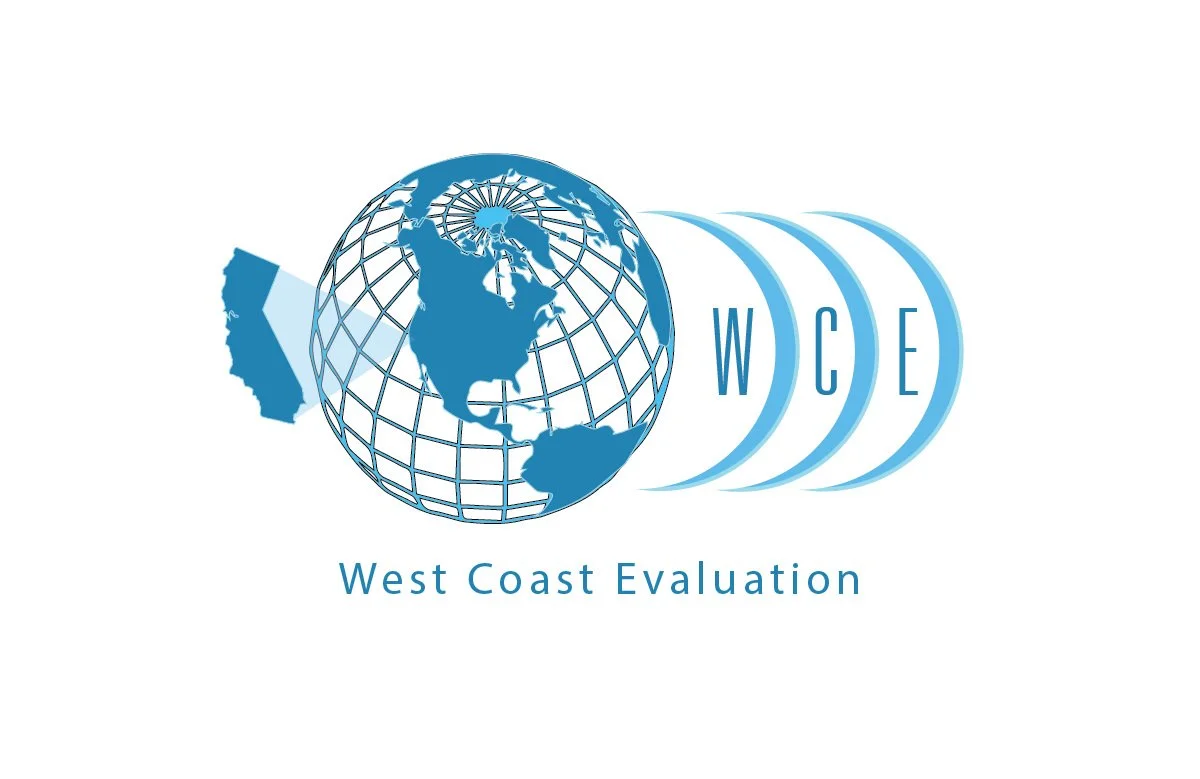The Paralegal’s Power Play: Mastering Real Estate Appraisals for Legal Wins
This image shows a detail-oriented paralegal examining real estate appraisal reports in a bright, contemporary office setting in Southern California, illustrating the critical role of legal support staff in ensuring accurate property valuations for key legal matters.
I. What Exactly Is a Real Estate Appraisal, and Why Does It Matter to You?
In the complex world of legal cases, a real estate appraisal might seem like just another document — a number on a page. But it’s so much more than that. Think of it as an expert’s carefully crafted and well-supported opinion on what a property is truly worth. This isn’t just any number; it’s a foundation that many important legal decisions depend on.
As a paralegal, your attention to detail and process expertise plays a vital role here. Whether it’s dividing property fairly in a divorce, figuring out assets in bankruptcy, tackling tax disputes, or dealing with eminent domain claims, the accuracy of an appraisal can make or break a case. A small error in valuation can create big challenges later on.
That’s why your role is crucial. By understanding how appraisals work and ensuring the right appraisal is done for the legal matter, you help build a solid foundation for success. This guide is here to support you in mastering the ins and outs of real estate appraisals — helping you bring value to your legal team and make your work easier and more effective.
II. A Quick Journey Through Appraisal History
The idea of valuing property has been around for thousands of years. Ancient civilizations like Egypt and Babylon valued land carefully for taxes and social status. Fast forward to the 20th century United States, where growing housing markets led to more formalized appraisal standards.
Significant events, like the Savings and Loan crisis in the 1980s and the 2008 financial meltdown, highlighted the importance of reliable appraisals. Laws like FIRREA and Dodd-Frank reinforced licensing and independence standards for appraisers, making the appraisal profession more accountable and trustworthy.
These historic lessons remind us that appraisals are an evolving field, shaped by economic, legal, and ethical progress — and that evolution continues today.
III. Understanding Today’s Appraisal Landscape
Today, the Uniform Standards of Professional Appraisal Practice (USPAP) guides appraisers to maintain ethics and accuracy. Not all appraisers have the same qualifications:
Licensed Residential Appraisers: Handle basic residential property valuations.
Certified Residential Appraisers: Qualified for any residential property, no matter the complexity.
Certified General Appraisers: Expert valuers of all property types, including complex commercial properties.
Matching the right appraiser to your legal matter is key for defensible, credible valuations.
Appraisers do more than mortgages — they support litigation, provide retrospective valuations, serve as expert witnesses, and review opposing appraisals. Knowing these roles can help you leverage appraisal services effectively in your legal work.
IV. Navigating Challenges and Ethics in Appraisals
Appraisals, while crucial, face challenges — from biases and ethical dilemmas to market pressures and appraiser shortages.
Being aware of signs of bias or undue influence, such as skewed comparables or pressure to alter valuations, helps protect your legal cases from unfair outcomes. Conflicts of interest must be identified and avoided to sustain appraisal integrity.
Your vigilance as a paralegal is a vital defense in maintaining fairness and accuracy in legal appraisals.
V. Looking Ahead: The Future of Real Estate Appraisals
Technology is transforming appraisals with AI, drones, virtual reality, and blockchain innovations. Hybrid appraisal models blend remote data analysis with traditional on-site inspections for agility and accuracy.
The rise of environmental, social, and governance (ESG) considerations also means valuations increasingly consider sustainability factors.
Keeping up with these trends will help you stay ahead in supporting effective appraisals within your legal team.
VI. Your Paralegal Playbook: Choosing the Right Appraisal Company
Selecting a dependable appraisal company matters immensely. Here’s what to look for:
A strong reputation and ethical track record
Expertise in your specific property and legal area
Proper licensing and recognized designations (e.g., MAI, SRA)
Clear and open communication, keeping you informed and on schedule
Understanding of different appraisal types and costs
Willingness to answer your questions and adapt to case specifics
Your role extends beyond administration — providing accurate info, clear instructions, and critically reviewing appraisal reports is essential.
VII. Your Appraisal Superpower
Mastering real estate appraisals empowers you to become a truly invaluable member of your legal team. By ensuring valuations are accurate and reliable, you safeguard your clients’ interests and contribute to just legal outcomes.
You’re not just managing paperwork — you’re supporting justice.
Your Partner in Case-Ready Real Estate Valuations
Built for paralegals: neutral, USPAP-compliant appraisals with clear exhibits and dates matched to your case. Fast turnaround and easy, plain-English support for confident legal outcomes.



